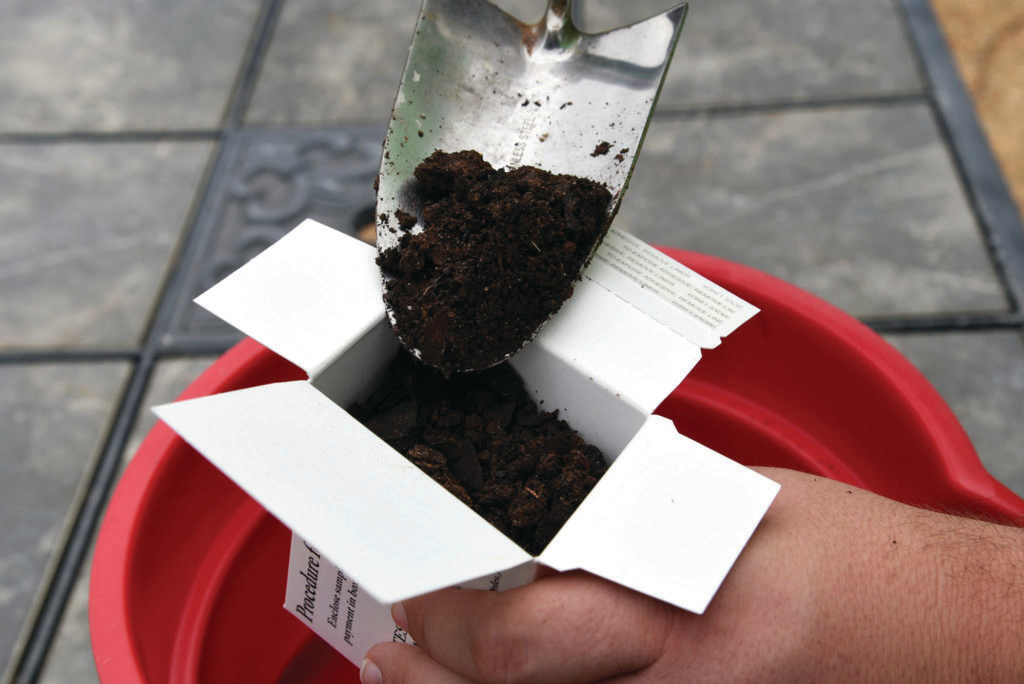
Before you start to plant your garden, trees, shrubs or lawn, it’s important to know what kind of soil you’re dealing with. The Alabama Cooperative Extension System has detailed instructions on its website to help the home gardener take a proper soil sample, which can then be sent to Auburn University’s Soil Testing Laboratory for analysis.
Because every square foot of soil can be different, and the acidity and nutrients of your soil can vary, it’s important that you take a composite sample of the area to be tested. A composite sample is a collection of 15 to 20 uniform cores or slices of soil taken from random spots in a garden, lawn, or shrub bed.
For an accurate test, place the samples from a given area into a clean bucket. Then mix this soil well and place about 1 pint of the mixture into a soil sample box. Soil sample boxes, information sheets, and other supplies for soil testing are available from your county Extension office or garden center.
The following recommendations can help you collect the proper soil samples:
Gardens, new lawns, and other cultivated areas. Take a uniform core or slice of the soil to the depth that the soil was tilled. Use a zig-zag pattern of sampling. Mix 15 to 20 of these cores or slices for the composite sample.
Lawns and established turf. Take a uniform core or slice 2 to 3 inches deep from 15 to 20 spots in the lawn. Take separate samples for the front lawn, back lawn, and other areas where soil may differ or where a different type of grass is grown.
Trees and shrubs. Take uniform cores or slices 6 inches deep from around the drip-line of plants (outer edge of branches). Mix individual cores into a composite sample.
Fill in the information on the soil sample box and the information sheet as completely as possible. You must also indicate which plants are to be grown so that fertilizer recommendations can be made.
Follow these guidelines:
Vegetable garden. A general recommendation will be made that will be adequate for most garden vegetables. If you have an “organic” vegetable garden and would like a recommendation that does not include chemical fertilizers, please specify “organic vegetable garden.”
Home orchard. A general recommendation will be made for common fruit crops grown in Alabama (peaches, plums, pecans, pears, apples, figs, grapes, strawberries, blackberries, and blueberries).
Lawn. List the specific type of grass to be fertilized (bermuda, zoysia, St. Augustine, centipede, bahia, fescue, bluegrass, carpetgrass, etc.).
Shrubs and perennial flowers. These include most evergreen and deciduous shrubs and small trees as well as flowering shrubs such as azaleas, camellias, rhododendrons, and gardenias. Perennial flowers such as irises and daylilies will also fit into this group. Some shrubs such as azaleas, camellias,and gardenias need an acid soil to prevent iron deficiencies while others need a higher soil pH for best growth. A list of some of the shrubs to be grown will help the laboratory make the best liming recommendations.
Roses, mums, and annual flowers. This group of ornamentals receive slightly higher fertilizer recommendations.
Potted plants. Soil testing is not recommended for potted ornamentals for the homeowner. A diagnostic service is available for large-scale commercial growers of potted plants.
When mailing your samples, enclose the filled soil boxes, the information sheet, and a check or money order ($7 per sample) to cover service charges in a cardboard shipping box. You may also pay by credit card by calling 334-844-3958. Tie the box securely and prepay by parcel post to:
Soil, Forage and Water Testing Laboratory
961 S. Donahue Drive
Auburn University, AL 36849-5411
After you submit a soil sample, you will receive a report that includes the test results and recommendations based on those results. The appearance of the report will depend on the number of samples you submit and the type of plants you are growing. The report will include information on your intended crop(s), the soil group your sample belongs to, soil pH, results/extractable nutrients, nutrient rating, lime and fertilizer recommendations, as well as comments specific to your crop.
Watch a helpful video at: aces.edu/blog/topics/crop-production/home-soil-testing-taking-a-sample/
Information provided by the Alabama Cooperative Extension System.




